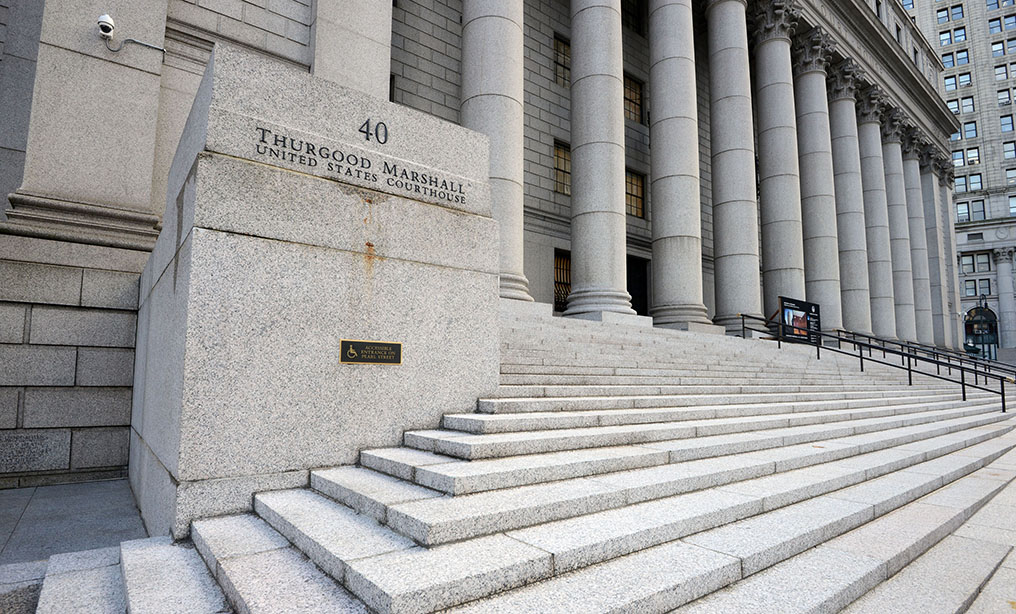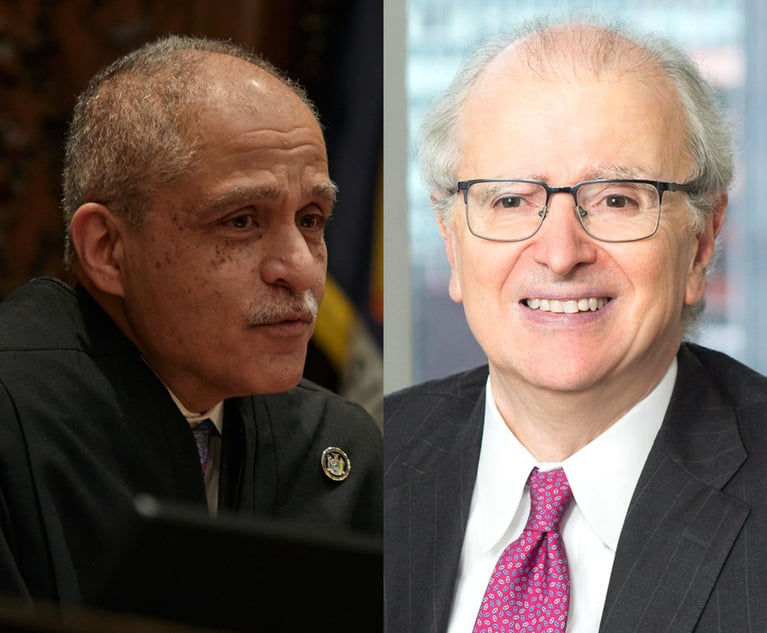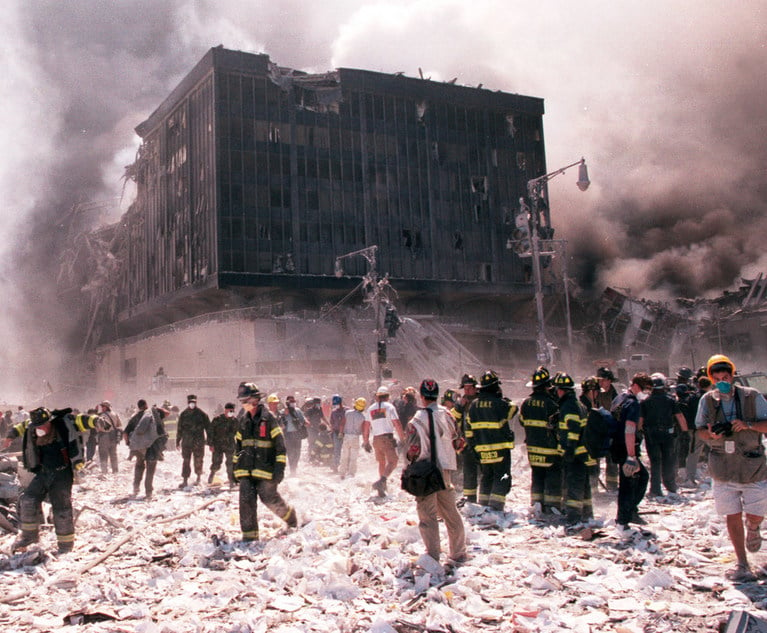Absent a petition for certiorari to the U.S. Supreme Court, the Feb. 6, 2020 denial of the plaintiffs’ petition for rehearing en banc by the U.S. Court of Appeals for the Second Circuit will bring to a close almost 13 years of litigation over the school zoning laws of the Village of Pomona. With the issuance of the court’s mandate, the Second Circuit panel decision of Dec. 20, 2019, Congregation Rabbinical College of Tartikov v. Village of Pomona, 945 F.3d 83, is now final. That decision overturned the district court’s finding that two Village zoning laws were enacted in 2001 and 2004 with the intent to discriminate against the Orthodox/Hasidic community, leaving those laws in effect.
Background
Congregation Rabbinical College of Tartikov purchased a 100-acre parcel in the Village from Yeshiva Spring Valley (YSV), another Jewish school, in 2004. Tartikov never filed an application to develop the property. However, in early 2007, the local paper published reports that Tartikov planned to develop a one of a kind rabbinical college with multi-family apartments to house up to 1,000 adult students and their families. This would have added up to 4,500 new residents in a Village of only 3,200 people. After a very contentious public hearing, and a local election in which the Tartikov plan featured prominently, the Village added two amendments to its zoning law imposing new restrictions on school dormitories and on construction near wetlands.


 The Second Circuit Court of Appeals at the Thurgood Marshall U.S. Courthouse in lower Manhattan. (Photo: Rick Kopstein)
The Second Circuit Court of Appeals at the Thurgood Marshall U.S. Courthouse in lower Manhattan. (Photo: Rick Kopstein)




